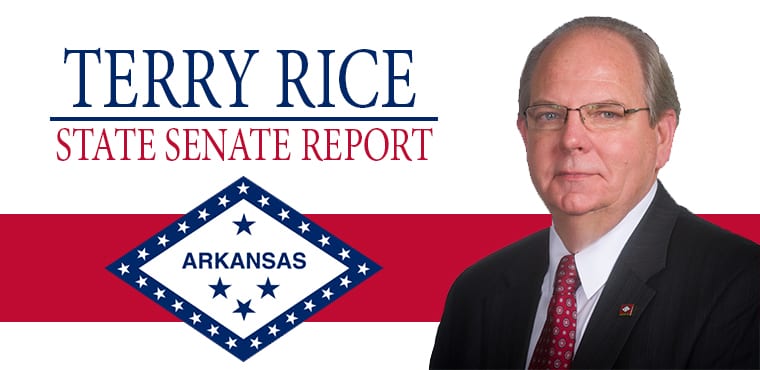A legislative committee has signed off on stronger penalties against pharmacy benefit managers that fail to reimburse local drug stores according to rates established in state law.
The Senate and House Committees on Insurance and Commerce reviewed and accepted new rules proposed by the Arkansas Insurance Department. The rules govern reimbursements paid by pharmacy benefit managers (PBMs) to pharmacies.
An important provision in the rules prohibits PBMs from reimbursing independent pharmacies at lower rates than they pay to pharmacies owned by or affiliated with the PBMs. Also, PBMs must reimburse local pharmacies at a rate known as NADAC, which stands for national average drug acquisition cost.
Legislators have been hearing concerns from local pharmacies about the disparities in reimbursements, and about their concerns that they may have to close if PBMs don’t adjust their reimbursement rates.
The Insurance Department receives about 1,500 complaints a month from local, independent pharmacies about alleged violations of the law. Regulators believe that many more possible violations are not reported because pharmacists just don’t have time to fill out the paperwork.
The Department may levy a $5,000 fine for each violation, with a cap of $50,000. However, under the proposed new rules there would be no cap on financial penalties.
The Department notified PBMs in March that stricter rules were being proposed. In August the governor and the state Insurance Commissioner announced fines of $1.47 million against four major PBMs.
Arkansas was one of the first states in the country to regulate PBMs, which are companies that negotiate contracts between manufacturers, health insurance providers and local pharmacies. In that role they act as a middle man, and they’re instrumental in the prices that consumers pay for prescription drugs.
Since the legislature passed Act 900 of 2015, the Insurance Department has regulated the reimbursements paid by PBMs to pharmacies. Act 900 was challenged in court by PBMs but was upheld by the United States Supreme Court.
In a 2018 special session the legislature strengthened the Insurance Department’s authority to license and regulate PBMs.
The first attempt to regulate PBMs in Arkansas was in 2003. The Senate passed a bill to regulate the companies, but it died in the House.
Workers’ Compensation Insurance
In 1993 the legislature approved Act 796 to change the law governing workers’ compensation insurance. At that time, rates were increasing and the availability of insurance was decreasing. A provision in the act requires the Insurance Commissioner to present a report each year to legislators about the market for workers’ compensation insurance in Arkansas.
The commissioner told legislators that the market is strong and profitable, and that rates in Arkansas were among the lowest in the country. In a nutshell, “that is good news for businesses buying coverage for employees,” he said.
Before passage of Act 796 there had never been a prosecution for workers’ comp fraud. Since then there have been 174 cases referred for prosecution by Department’s investigators, resulting in 123 convictions.






